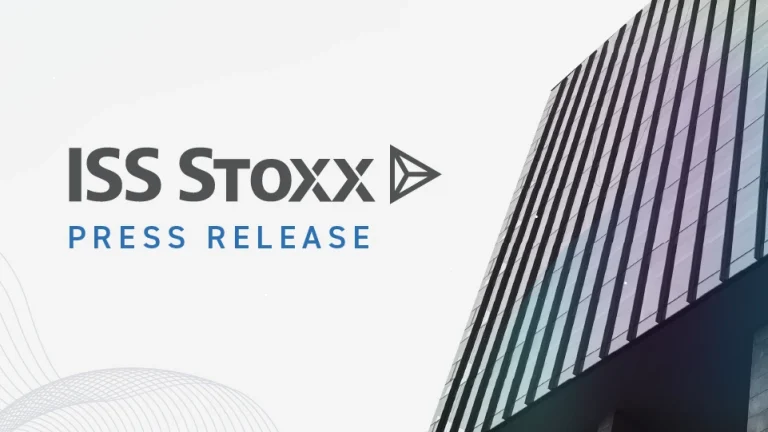Below are some of the key takeaways from ISS’ recently released report titled Remuneration Policies in the Nordics. The full report is available to institutional subscribers by logging into ProxyExchange then selecting the Knowledge Center and its Library tab and to corporate subscribers by logging into Compass then selecting Governance and the Governance Library or Governance Exchange tab.
If you are not a subscriber, you can download a copy of the full report here.
- In Nordics, remuneration policies contain limited pay disclosures. Instead, a more detailed treatment of pay practices is generally provided in the annual, backward-looking remuneration reports.
- Generally vague policies across the Nordics may be largely in line with national implementations of SRD II. However, there are noticeable discrepancies between investor and non-investor sentiments, as evidenced in ISS annual benchmark policy surveys. For instance:
- ISS surveys show siginficant discrepancies in investor and non-investor perceptions on how ESG metrics should be incorporated into executive compensation. For instance, a slight majority (52 percent) of investors said they believe ESG metrics should be incorporated into European executive compensation if the performance metrics are specific, measureable, and transparent. Only 27 percent non-investor respondents agreed.
- ISS surveys show significant differences in investor and non-investor sentiments regarding the scope and detail of derogation clauses. A signficant majority (60 percent) of investor respondents said derogation clauses should be clearly defined and limited, compared with only 20 percent of non-investor respondents that favored this approach.
- ISS surveys show siginficant discrepancies in investor and non-investor perceptions on how ESG metrics should be incorporated into executive compensation. For instance, a slight majority (52 percent) of investors said they believe ESG metrics should be incorporated into European executive compensation if the performance metrics are specific, measureable, and transparent. Only 27 percent non-investor respondents agreed.
- Generally, the opportunity for remuneration policy overhauls in 2024 – stemming from the four-year policy cycle that began with the first implementation in 2020 – did not result in significant changes, with most remuneration policies remaining largely unchanged.
If you are not a subscriber, please contact sales@iss-stoxx.com (for institutional investors) or contactus@isscorporatesolutions.com (for corporations) to learn more about accessing bespoke governance research.
By:
Gustav Kronholm,
Nils Lundgren




